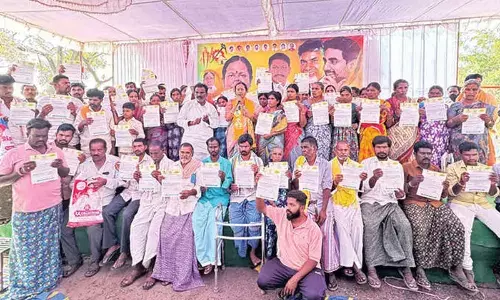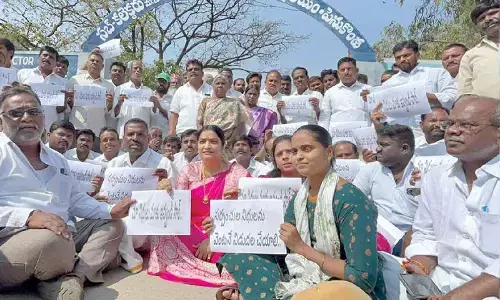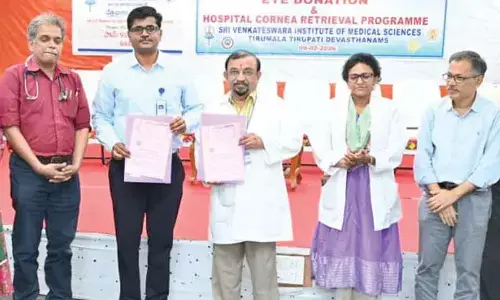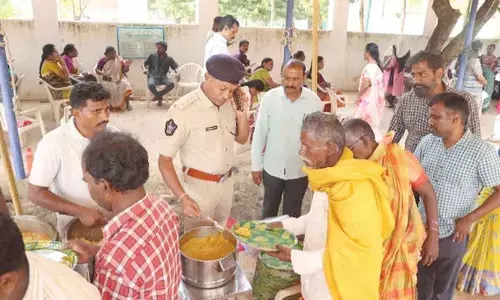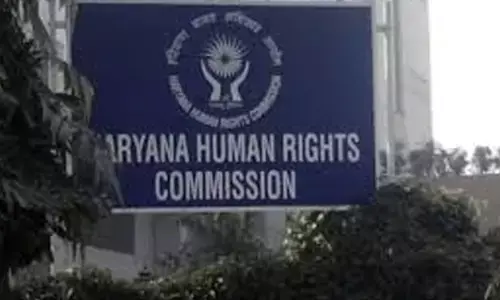Researchers use machine learning to predict Covid-19 bacterial co-infection in patients
Share :
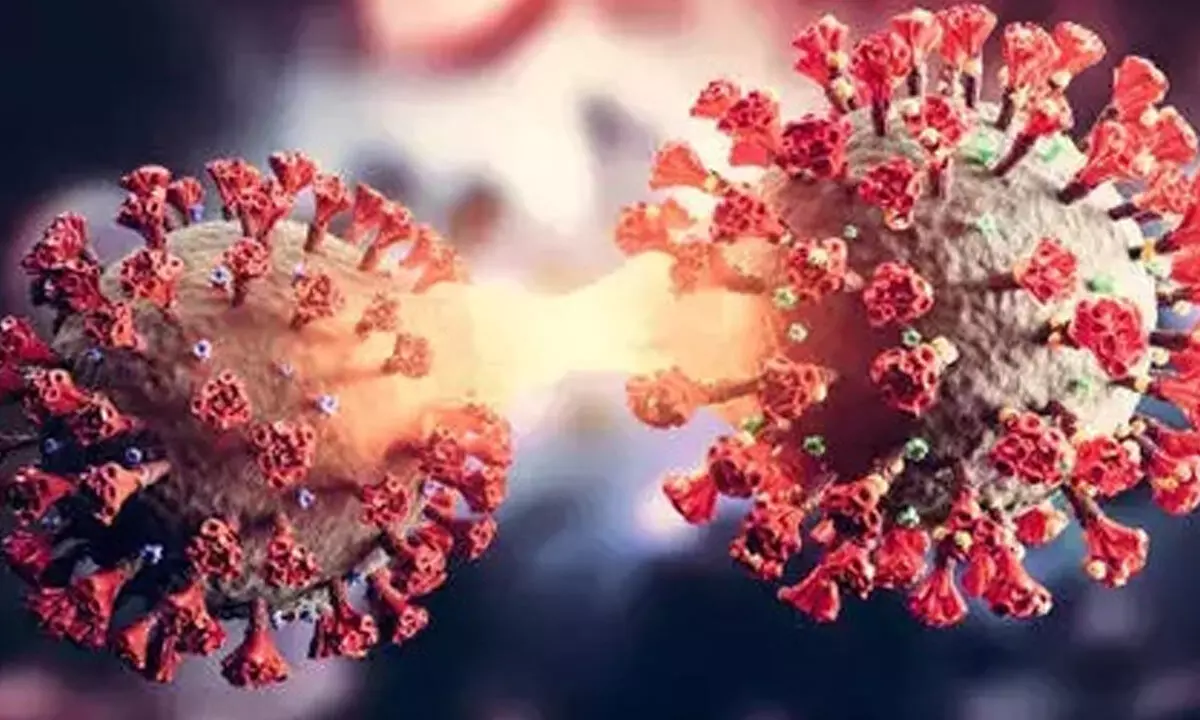
The researchers from the University of Queensland, Australia, have used machine learning (ML) to help predict the risk of secondary bacterial infections in hospitalised Covid-19 patients.
New Delhi: The researchers from the University of Queensland, Australia, have used machine learning (ML) to help predict the risk of secondary bacterial infections in hospitalised Covid-19 patients.
According to the study published in the journal The Lancet Microbe, the machine learning technique can help detect whether antibiotic use is critical for patients with these infections.
"Estimates of the incidents of secondary bacterial infections in Covid-19 patients are broad, but in some studies, 100 per cent of fatal cases have suffered a bacterial co-infection," said Dr Kirsty Short, Associate Professor at the University of Queensland.
"To reduce the risk of bacterial co-infections, it would be theoretically possible to just treat all Covid-19 patients with antibiotics," she added.
However, Short noted that there's a danger that over-treating with antibiotics could potentially lead to antibiotic resistance and the creation of bacterial superbugs.
"We've helped develop a robust predictive model to determine the risk of bacterial infections in Covid-19 patients, facilitating a careful use of antibiotics," she said.
The technique is called the 'least absolute shrinkage and selection operator' -- or LASSO.
LASSO was used to evaluate blood samples from six different nations that had Covid-19 patients.
The researchers found that the expression of seven genes in a Covid-19 patient can predict their risk of developing a secondary respiratory bacterial infection after 24 hours of hospital admission, according to the study.
"This data raises the exciting possibility that gene transcription and analysis at the time of clinical presentation at a hospital, together with machine learning, can change the game for antibiotic prescription," said Dr Meagan Carney, Lecturer at the University of Queensland.
Additionally, she noted that LASSO is simpler than the complex machine learning methods being discussed in the media around artificial intelligence.







